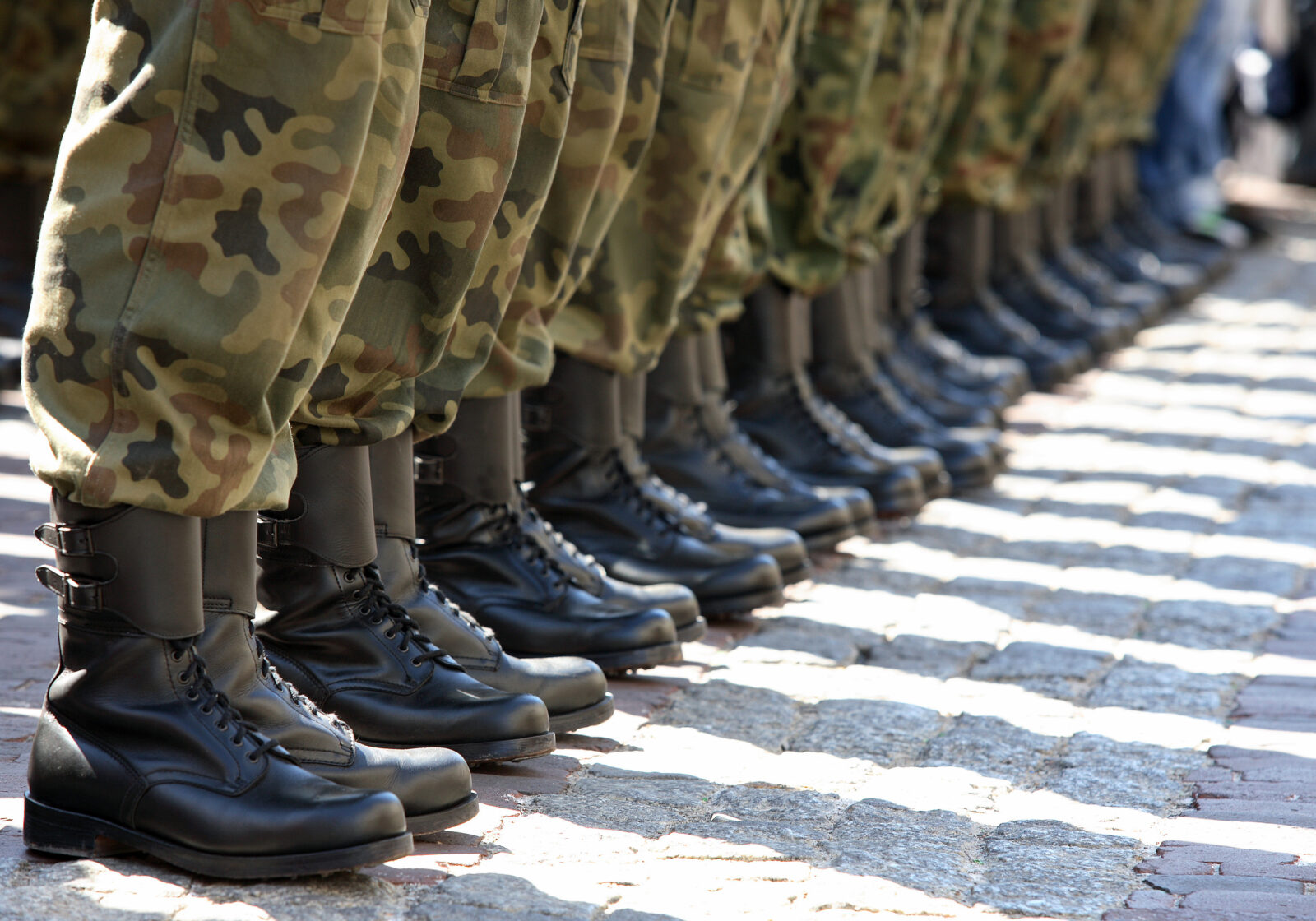Joint Chief of Staffs Chair Should Be About One Thing: Winning
Originally published at NewsmaxAll national security and defense experts know that when nations project weakness they invite aggression and war.
Early November 2020 delivered a weak president, Joe Biden, who is a shadow of an effective commander-in-chief.
It’s imperative that the retiring Chairman of the Joint Chiefs of Staff Mark Milley be replaced with a strong leader.
The present Biden nominee, General Charles Q. Brown is not that that leader for the U.S. military.
To begin with, his leadership as the chief of staff of the U.S. Air Force (USAF) for the entire Biden term has utterly failed to deliver.
The Air Force has been in free fall, and now ranks below all the other branches of the military. A recent Heritage Foundation Index of U.S. Military Strength ranks the Air Force as “very weak” in overall “readiness and capability.”
To understand just how precarious our current defense posture is, let’s take a short walk down memory lane since Biden took office.
Less than two months following the Biden inauguration, U.S. Secretary of State Antony Blinken and National Security Adviser Jake Sullivan met their Chinese Communist Party (CCP) diplomatic counterparts in Anchorage, Alaska.
The Chinese delegation lost no time in aggressively asserting that Americans lacked confidence in the election of Joe Biden and that “American democracy was no longer working.”
Blinken and Sullivan were visibly shaken and unable to mount a strong defense of their country or their president. The CCP delegation accomplished its mission to project China’s strength against a weak America.
A few months later, Biden ordered a hasty retreat from Afghanistan with little consideration for our allies who were shocked and unprepared.
This move undercut trust, while simultaneously rewarding America’s enemies.
Left behind were the largest airbase in central Asia, and some $85 billion in advanced U.S. weapons.
The Afghanistan withdrawal revealed wholly inexplicable leadership weaknesses.
Not surprisingly, 2022 was characterized by more military boldness from America’s two primary adversaries. Russia invaded Ukraine in February of that year.
China broadened its aerial incursions into Taiwan’s air defense identification zone (ADIZ), and came to blows with Indian troops in the Himalayas, as well as conducted joint exercises with Russia near Japan.
After U.S. House Speaker, Nancy Pelosi, visited Taiwan in August 2022, the Chinese Communist PLA navy and air force surrounded the island with massive live-fire exercises, provocatively crossing the maritime border between Taiwan and China with record numbers of nuclear-capable H-6 bombers.
Those crossings continue and are becoming normalized.
For the CCP it is all about projecting strength to demoralize the U.S. — and its allies.
2023 was a continuation of the projection of Chinese strength and American weakness.
In February, a Chinese spy balloon entered U.S. airspace and was allowed to move into the U.S. heartland at an altitude of 60,000 feet, slowing down and prolonging its surveillance over clusters of the most important U.S. nuclear missile sites.
The spy balloon was allowed to traverse the entire United States, before being shot down in the Atlantic Ocean.
This after the espionage damage was done.
By May 2023 at a time when a record number of Chinese males began infiltrating into the U.S. through our southern border, U.S. military intelligence learned that Beijing had struck a deal with Cuba to enhance China’s electronic spying facility and, additionally, to build a joint military training base on the island just 100 miles from Florida.
So far, the Biden administration has not offered any substantive response — once again projecting weakness globally.
A primary reasons why General C.Q. Brown is the wrong person to become Chairman of the Joint Chiefs of Staff (CJCS) is his uncritical support and defense of Diversity, Equity, and Inclusion (DEI) policy, which is the primary cause of low morale and weak mission readiness.
Brown is either compromised or fails to understand that DEI is joined at the hip with Critical Race Theory (CRT), with deep Marxist roots where merit is entirely subordinated to power structures based on identity, oppression, and racism.
In fairness to Brown, the woke revolution has moved into the upper ranks of the officer corps of all the U.S. armed services. As a result, the military’s historically best qualities — meritocracy and patriotism — have been sidelined and appear to be headed for cancellation.
Traditional masculinity — that which produces good warriors — is no longer celebrated as it was in the past.
Polls show the primary reason for declining enlistment is the woke politicization of the military, which is directly related to mandated training agendas in critical race theory and diversity, equity, and inclusion.
Studies have shown that these programs have had a negative effect on overall soldier morale and fostered division within the ranks.
Little wonder why recruiting for all the military branches is near record lows.
Turning this around and rebuilding America’s homeland defense and war-fighting capabilities should be the primary focus in finding the right candidate for CJCS.
This is precisely the time when the net should be cast out wider, and further, down the ladder.
The purpose?
To identify officer candidates who have eschewed politics and who have years of commanding widespread respect as unifiers, as well as possessing war-fighting leadership attributes of character; attributes of the sort that inspire courage and also project power and strength.
In the end, these qualities are an essential part of both deterring and winning wars.
